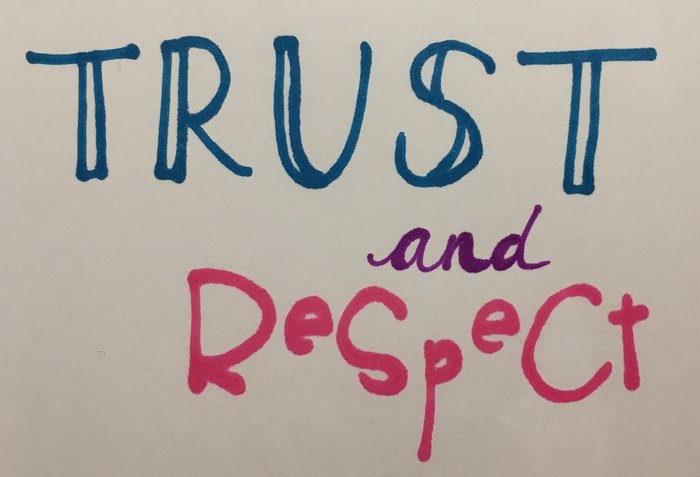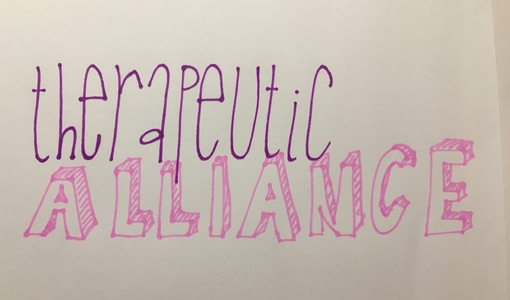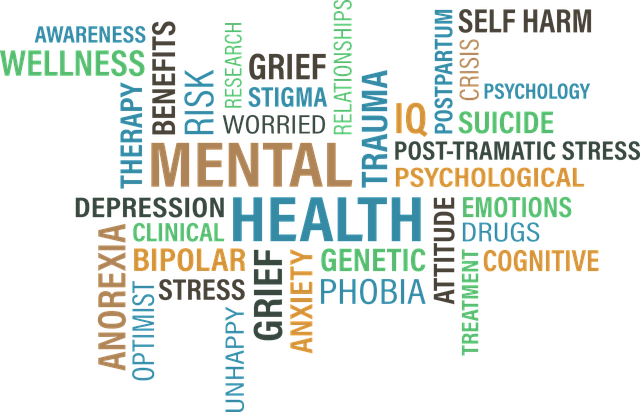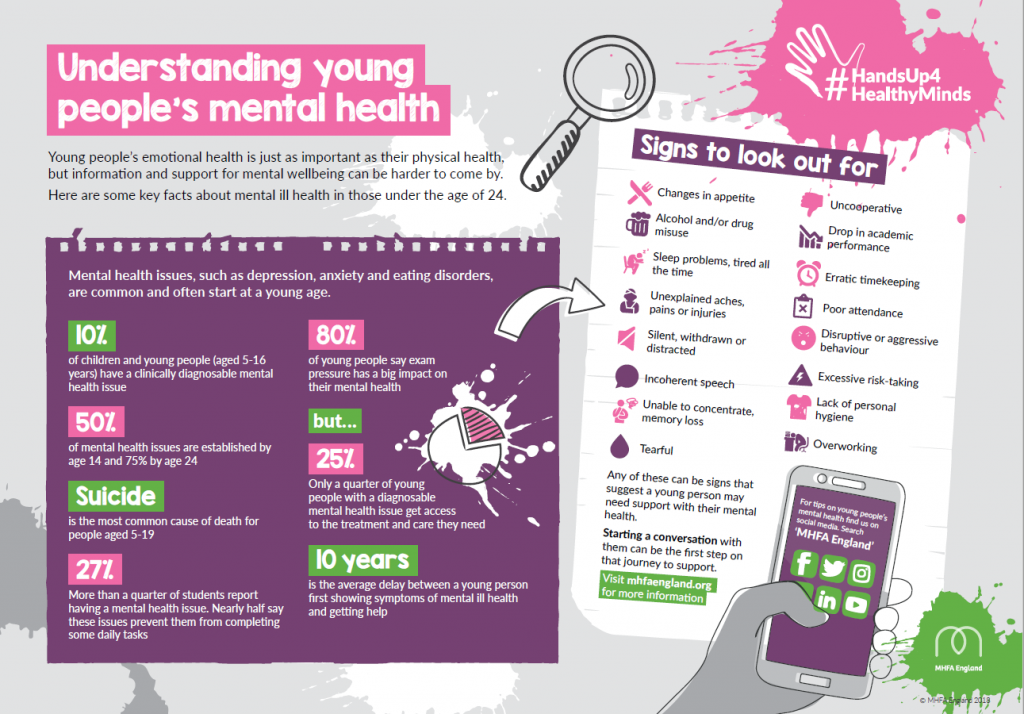The therapeutic alliance is the key to successful psychotherapy. It is the strength of the bond and connection that can be built between you and your therapist over time. Without a trusting and respectful therapeutic alliance, no meaningful therapy can happen.
So what is a good therapeutic alliance?
The therapeutic relationship is multifaceted and varies between every client-therapist relationship. Broadly speaking though, there are a number of common characteristics that make up a positive therapeutic alliance.
Mutual trust and respect
Empathy and warmth
Honesty and sincerity
Commitment to a treatment plan and treatment direction
Congruence
Strong interpersonal skills of the therapist
A feeling of ‘connectedness’
Naturally, it may take time to experience and be aware of each of these in your own therapeutic relationship. You will however, quickly know whether there’s enough connection between you to be curious about continuing in therapy together.
Why is it important to have a good therapeutic alliance?
A successful therapeutic alliance can radically change the path of therapy. It is one of the most important indicators of a successful outcome. It is an intensely personal journey and there is a great deal of growth and change possible when there is a healthy bond between therapist and client.
If you consider any of your personal relationships, the ones in which you feel you can be more yourself are likely to be the same relationships from which you gain strength and comfort. We are more open to learning from those people we trust. The same concept is true of the therapy room. We are more likely to trust and grow with the support of a therapist we have a healthy bond with.
Working At It
Naturally a therapeutic alliance may take time to nurture and grow. It is especially important for those who have experienced mistrust, ruptures or trauma in previous relationships. If it has been a struggle to form relationships in adulthood, experiencing a strong bond in psychotherapy may be all the more crucial and valuable to your learning and growth. Therapy offers an opportunity for clients to explore relational attachments and to perhaps relate in a healthy way for the first time in their lives. As a client it may be new to us to feel respected and trusted in a relationship in which we know we don’t have to please the other person. We can be our authentic self, safe in the knowledge that our therapist is holding a safe and confidential space for us to try new ways of being and relating.
The respect and trust must also be mutual. As a therapist my role is to offer you a time and space in which you have the opportunity to move forward in a positive direction. I will also be looking out for how we are responding to each other, from moment to moment. I will be listening to how you say you respond to others in certain situations. I will be noticing for my counter-transference reactions which tell me what is being evoked in me. My role is to understand how all this can be used in our therapy. In order to do this an early goal will be to establish a therapeutic alliance and continue to nurture it throughout therapy together.

It’s Not Always Easy
It may not always be easy. Some clients coming to therapy for the first time may find it challenging to trust in a person they see in a caring role. Previous experiences may mean it is not safe to trust in caring relationships. Some clients may inadvertently set out to sabotage a therapeutic relationship for a variety of reasons. Therapy may be undermined or not afforded a healthy level of respect. Powerful internal messages may prevent a client from believing that the therapist is there for them, there to support them and to offer a non-judgemental and confidential space. It may be that a client is afraid their therapist will let them down in a way that is familiar to them. They may act towards their therapist in a way in which they believe this is inevitable or has already happened.
Our work together is to explore what is going on for you and what may be stopping you from leading a fulfilling life. When there is mutual trust and respect, there is the chance to explore how you are in relationship in and out of the therapy room. My job is to help you grow, learn and change in a way that works for you.
How To Find a Good Therapeutic Alliance
Like any relationship, building trust and respect can take time and effort. The therapeutic alliance is no different. When we meet I will be looking out for signs that we are able to to work together. Finding a therapist right for you is a bit like dating. Not everyone is right for us, some relationships work and some don’t. It may feel right the first time we meet, in which case we are already on our way to supporting you through therapy!
Please get in touch if you would like to arrange an initial meeting.




